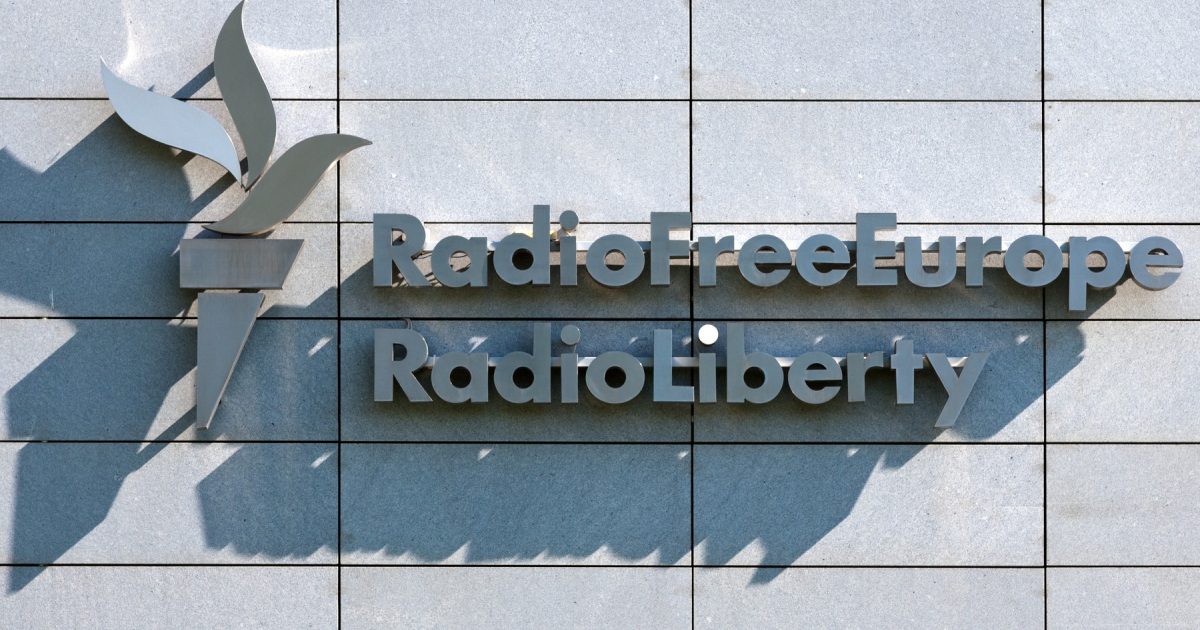When “Volá Hlas svobodneho Czechoslovakia” sounded on radio waves on May 1, 1951, this broadcasting era, which lasted more than half a century, began. The Czechoslovak newsroom under the leadership of Ferdinand Peroutka and Pavel Tigrid was the radio’s first newsroom.
Also read
In 1989, which marked the fall of the Iron Curtain and the gradual establishment of democratic principles in the countries of the former post-communist bloc, the radio station entered with fewer than thirty language mutations, also covering each of the states of the Soviet Union and the Near East and Middle East regions.
Broadcasting to countries embarking on the path of democracy was gradually curtailed and newsrooms abolished. With the belief that they will not be needed and the domestic media will handle the demands placed on them. Meanwhile, the radio moved from Bavarian Munich to Prague, where it had been based since 1995. Thus, Prague became the center of world journalism.
The world of contemporary journalism
What was surprising was the decision from 2019, which led to the re-establishment of several editorial offices. For Hungary, Romania and Bulgaria. To countries that are part of the European Union and the North Atlantic Alliance. Its justification states, for example, “to promote democratic values and human rights that are threatened by the government”, referring to Hungary.
Also read
In the case of the Romanian news, “helping to overcome the decline of media independence and the spread of disinformation”, Bulgaria needs help “to strengthen the media environment weakened by monopoly and corruption”. Not a good business card for the environment there, which even after decades cannot cope with the functioning of the democratic state and its institutions. Director of the Czech Center in Sofia, Dagmar Ostřanská, former consul in Bucharest, Romania, Roman Prose and Hungary Jan Marek spoke about the situation in the respective countries.
The largest radio editorial office is Russia, the position and possibilities are typical for an independent journalist serving the territory of Russia. In some ways, we might feel like we’re back in the world of the Iron Curtain again, only in a slightly different form. Its essence remains the same: fear of information that is not subject to state leadership and state propaganda.
The chief editor of Russia is journalist Andrej Šaryj, who has worked on radio for over 25 years. He is a native of Moscow, where he studied international journalism. His current situation, as well as that of his colleagues, is reminiscent of stories of fellow journalists who broadcast from neighboring Bavaria during the Czechoslovak Communist period under the banner of an American radio station.
Also read
The world of contemporary journalism is different from the past. Digitalization has shortened the path to both listeners and viewers, it provides more possibilities to inform even where it was almost impossible before. At the same time, the way journalists work has changed, as they have had to deal with the fact that text, photo, voice and video contributions need to be delivered. Clipping and speed also bring a negative, the world is reduced to passwords. The internet environment is also open to those who are not journalists and do not respect journalistic rules regarding the truth or verification of information. Some say we live in a hybrid warfare world with a lot of misinformation.
This program features the memories of journalists Jefim Fištejn, Radek Kubiček, Tomáš Klvani and former diplomat Michael Žantovský. They wondered what it would mean if the Radio Free Europe/Radio Svoboda Czech editorial office was reinstated.

“Certified bacon geek. Evil social media fanatic. Music practitioner. Communicator.”







